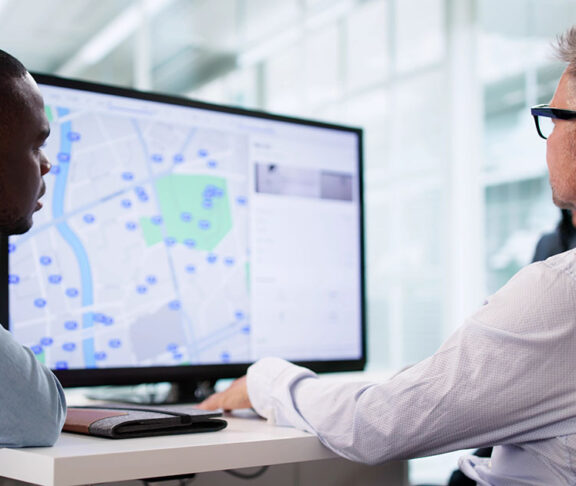Steve Weikal, a researcher and thought leader focused on new technologies in real estate, discusses how AI, digital platforms, and tenant engagement tools are transforming rental experiences and accessibility.

Steve Weikal
Industry Chair, Real Estate Transformation Lab, MIT Center for Real Estate
You’ve dedicated your career to exploring how technology is transforming real estate. What do you see as the biggest disruption currently reshaping the rental market?
The leasing process is becoming increasingly automated, from inquiry to approval to move-in. Some properties already have “self-serve” leasing offices and property tours. This experience will become even more common as agentic AI gains traction.
Digital platforms have changed how we search for, apply to, and manage rentals. What’s next in the evolution of digital renting, and how do we ensure that renters aren’t left behind due to digital literacy or access gaps?
Recent research from my colleagues at MIT Sloan shows that people with less experience gain the most from generative AI. These new tools will increase digital literacy and narrow access gaps, leveling the playing field for all renters.
With climate risk and sustainability becoming more urgent, what role does technology play in future-proofing rental properties, and how can renters be part of the solution?
Technology continues to improve the various systems that support building operations and help them run more efficiently, often with greater tenant participation via mobile and AI-enabled controls.
What do you see as the greatest opportunity for real estate technology to improve the renter-landlord relationship in ways that build trust and long-term stability?
Tenant engagement technology enables a valuable feedback loop for building managers and tenants to collaborate on achieving shared sustainability goals, better property operations, and reducing monthly costs.
Looking ahead, what does the future of renting in America look like to you, and what role should property technology play in creating a more inclusive, resilient, and human-centered rental ecosystem?
Technology continues to make real estate more responsive to stakeholder needs — both tenants and landlords — allowing a more integrated, flexible, user-focused experience.

